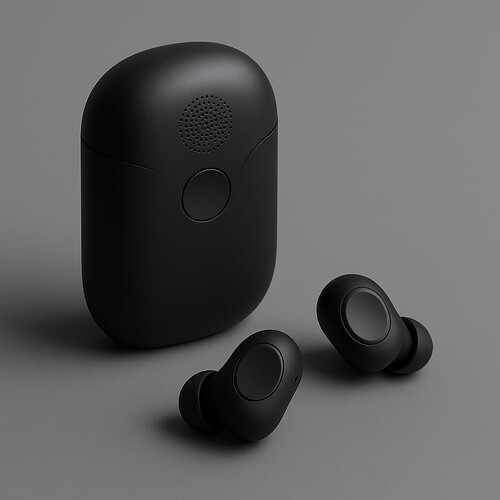Could a device be smart enough to eliminate the need for a screen? Something that doesn’t just replace but actually compliments our smartphones, reduces screen time, and boosts productivity in a less intrusive way?
It’s interesting timing that Apple recently hinted at “reinventing the iPhone.” History reminds me of when BlackBerry was convinced they were too essential to fail, too integrated into government, big business, and everyday users. We all know how quickly that dominance disappeared. Unlike Blackberry, Apple seems to see the writing on the wall as it were:
Apple to Kick Off Three-Year Plan to Reinvent Its Iconic iPhone
But is 3 years fast enough?!
OpenAI has already reshaped technology in the past two years. I’ve personally used ChatGPT for server log analytics, database query optimization, generating more efficient and effective web application firewall (WAF) rules and so much more, daily. But in every case, the interaction has been via a PC, laptop, or smartphone.
Now, with Jony Ive joining forces with OpenAI, it makes me wonder: are we about to see a true paradigm shift in personal devices?
In my view, with Apple taking 3 years for reinvention, OpenAI will have well over 1.5 billion active users by then. That kind of reach could seriously disrupt the market share of Apple, Google, and Meta.
Apple’s missteps with AI are hard to ignore, and they’ve created an opening for OpenAI. To stay relevant, Apple partnered with OpenAI to embed ChatGPT into all new iPhones as an option to users. OpenAI agreed to this at no cost, but what is in it for them?? The trade off is clear: millions of iPhone users are now directly exposed to the ChatGPT brand and service. Many of which would have never tried ChatGPT if it wasn’t via their trusty Apple device.
Like the original AI and chatbots space a few years ago, this is going to be an interesting space to watch. ![]()
(Article image is just concept art I generated using ChatGPT)
